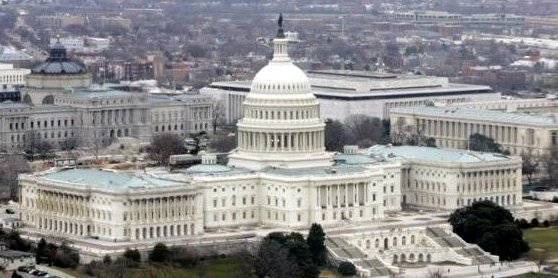After a brief government shutdown, protection for state medical marijuana programs was extended again until March 23, 2018. Congress and the President signed off on a six-week continuing resolution.
The budget resolution extends the Rohrabacher-Blumenauer Amendment which prohibits the use of funds to prevent certain States from implementing their own State laws that authorize the use, distribution, possession, or cultivation of medical marijuana. That language was initially passed by Congress in 2014 as the Rohrabacher-Farr Amendment (H.Amdt.748) and is now known as the Rohrabacher-Blumenauer Amendment. This is the eighth time the amendment has been temporarily extended by a continuing resolution from Congress, which hasn’t passed a new federal budget since 2015.
The Rohrabacher-Blumenauer Amendment was supported by a bipartisan group letter to House and Senate leadership from 66 Congress members including Rep. Dana Rohrabacher, R-California, and Rep. Earl Blumenauer, D-Oregon.
Also in support of the Rohrabacher-Blumenauer Amendment was a letter from California State Treasurer John Chiang. Read more about state cannabis law at California Cannabis Law.
Contact us to learn more about California state or local cannabis regulations, cannabis regulatory compliance, and cannabis litigation.

